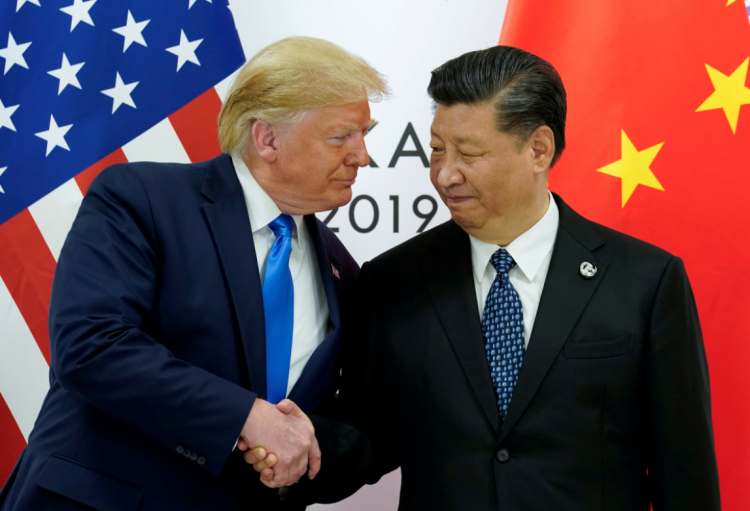A day after again bragging "China wants to make a deal" because of its weak economy, President Donald Trump ate his own words on Tuesday, confirming there's still a long way to go to reach a trade deal with China.
He also said that because of this impasse, he's now more inclined to impose the 25 percent tariffs on another $325 billion of Chinese goods held in abeyance since June 28 as a concession to Chinese President Xi Jinping.
U.S. and Chinese negotiating teams are again talking to each other by phone but have yet to set a date for the new talks to begin. Both sides can't even agree which negotiating document should form the basis for the talks, according to media reports.
"No face-to-face meetings have even been scheduled," according to Donald Straszheim, head of Evercore ISI's China research team. "Trade progress has been in reverse. The two sides are further apart now than in Nov-Dec 2018."
"A combination of substantial steps, partial actions and empty words which will be a relief but far from a final resolution of what has morphed from trade war to a 'stop the China rise' cold war."
Analysts noted the signs indicate a comprehensive deal could be a long way off -- if it does occur.
This estimate is being reinforced by China's taking a harder line on the trade talks. China pushes back at Trump's tweet its weaker economy will force it to make a trade deal is seen as proof of this tougher tone.
"As for United States' so-called because China's economy is slowing so China urgently hopes to reach an agreement with the U.S. side, this is totally misleading," said Chinese Foreign Ministry spokesman Geng Shuang.
Geng also said China's first-half performance was a "not bad performance" and was in line with expectations
The addition of commerce minister Zhong Shan, a trade hard-liner, to China's new negotiating team is taken as a sign Chinese president Xi Jinping is taking a tougher stand against Trump. As a consequence, no dramatic breakthroughs are expected in the next round of negotiations.
"The U.S. side has provoked economic and trade frictions against us and violated the principles of the WTO. It is typical of unilateralism and protectionism," said Zhong, according to the People's Daily, the official newspaper of the Communist Party of China (CPC).
"We have to uphold our warrior spirit is firmly defending national and people's interests in defending the multilateral trading system."






